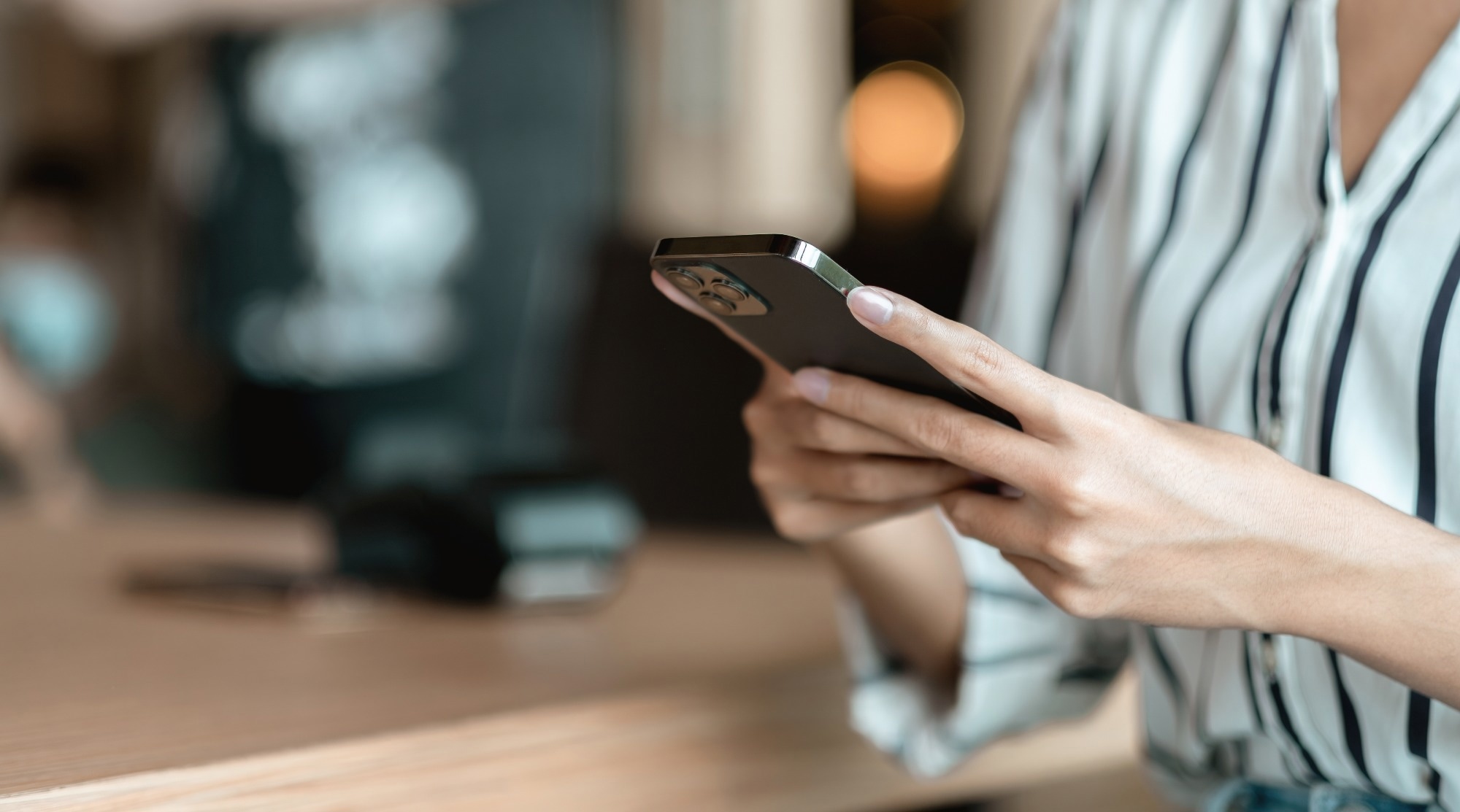While smartphones are ubiquitous among adolescents today, their use is not benign, as multiple researchers have warned.
 Study: Association between smartphone usage and health outcomes of adolescents: A propensity analysis using the Korea youth risk behavior survey. Image Credit: Natee Meepian/Shutterstock.com
Study: Association between smartphone usage and health outcomes of adolescents: A propensity analysis using the Korea youth risk behavior survey. Image Credit: Natee Meepian/Shutterstock.com
Background
A Korean study showed that most of the increase in smartphone use among young people is due to watching online videos. Sleep disruptions, eye disorders, and problems with musculoskeletal health, as well as psychological issues, are possibly related to high smartphone use.
The American Association of Pediatrics (AAP) released a recommendation that screen time be limited to no more than two hours a day back in 2013, and this is still the standard limit worldwide.
However, over 40-50% of teenagers and young adults in developed countries use smartphones for more than three hours daily, indicating the need for a fresh look at this guideline.
An example of an issue that needs to be assessed is problematic smartphone use (PSU), a relatively new term describing addiction behavior to smartphones. This is traceable to multiple risk factors and manifests itself in various behaviors.
Secondly, there is no linear relationship between the use of digital media and adverse health outcomes since the former are sometimes associated with favorable results, especially when used for <2-2.5 hours a day.
The current study explored how daily use rates for smartphones were associated with poor health outcomes among adolescents, such as increased stress, sleep impairment, depression, suicide, illegal substance use, and overdependence on smartphones.
This Korean study included almost 41,000 adolescents whose use of smartphones in 2020 was compared with that of 2017.
Data came from the Korea Youth Risk Behavior Web-based Survey (KYRBWS), a school-based survey on health risk behaviors conducted annually by the Korea Centers for Disease Control and Prevention.
The years selected for the current study were 2017, the first year when smartphone usage was queried, and 2020, when the questionnaire was repeated.
The group was classified into those who used their phones for <4 hours a day and those who used them for >4 hours a day.
What did the study show?
The mean usage of smartphones among adolescents went up from 2017 to 2020, with approximately 86% reporting using two or more hours a day in the latter year compared to 64% in the prior period. One in four said they were overdependent on smartphones in 2020.
The researchers observed a curvilinear relationship between the mean daily duration of smartphone use and poor outcomes, with the positive associations being manifest after mean daily usage rates of >4 hours a day compared to those who reported <4 hours of daily use.
Smartphone overdependence was linearly related to the usage period per day. Adolescents who used their phones for 2-4 hours a day showed a higher risk of overdependence on these devices, but no other adverse health outcomes were observed in this group compared to those who did not use smartphones.
Adolescents who used their phones >4 hours a day showed twice as high a risk of overdependence compared to those with <4 hours of daily use.
Limited use did not show associations with any problematic outcome except overdependence. Thus, stress perception was 30% lower among smartphone users with <2 hours of daily usage vs non-users.
Similar reductions were observed for unsatisfactory sleep, while depressive symptoms and suicidal thoughts were 40% less likely. The odds of alcohol use were halved.
Similar patterns were observed among those who used their phones for 2-4 hours a day, though alcohol use was reduced by a quarter in this group.
In contrast, with over four hours a day of smartphone use, the risks of feeling stressed and poor sleep were 16% higher than using for <4 hours a day. The odds of suicidal ideas and depression increased by a fifth in the former group.
The largest difference was concerning substance abuse, with alcohol abuse being 66% more common with smartphone use >4 hours a day. Obesity odds were about a tenth higher in the higher-use group.
What are the implications?
“Compared to the health outcomes of individuals using a smartphone for < 4 hours a day, those using a smartphone > 4 hours a day had significantly higher rates of adverse mental health, prevalent substance use, and a higher rate of obesity.”
The point at which limits should be placed on smartphone use by adolescents is suggested to be about 4 hours a day, following which the odds for these undesirable outcomes increase sharply.
However, further research is essential to rule out reverse causation since emotionally unstable young people tend to use their smartphones excessively.
This study is unique in being the first to explore how smartphone usage duration is associated with different health outcomes based on PSM, thus compensating for variables that may act together on the outcome.
The country selected South Korea, has the highest smartphone penetration rate, with perhaps 95% of individuals having a device. The results are based on self-reported usage rates, an accepted data collection method in this area.
Smartphones appear to be here to stay, and young people socialize and learn via these devices to a large extent. This may account for the benefits observed with up to two hours a day of smartphone use, though this remains to be established.
The findings suggest limiting smartphone use to two hours or less a day may be unrealistic and counterproductive.
“These results can help establish smart device usage guidelines and education programs for appropriate media use.”